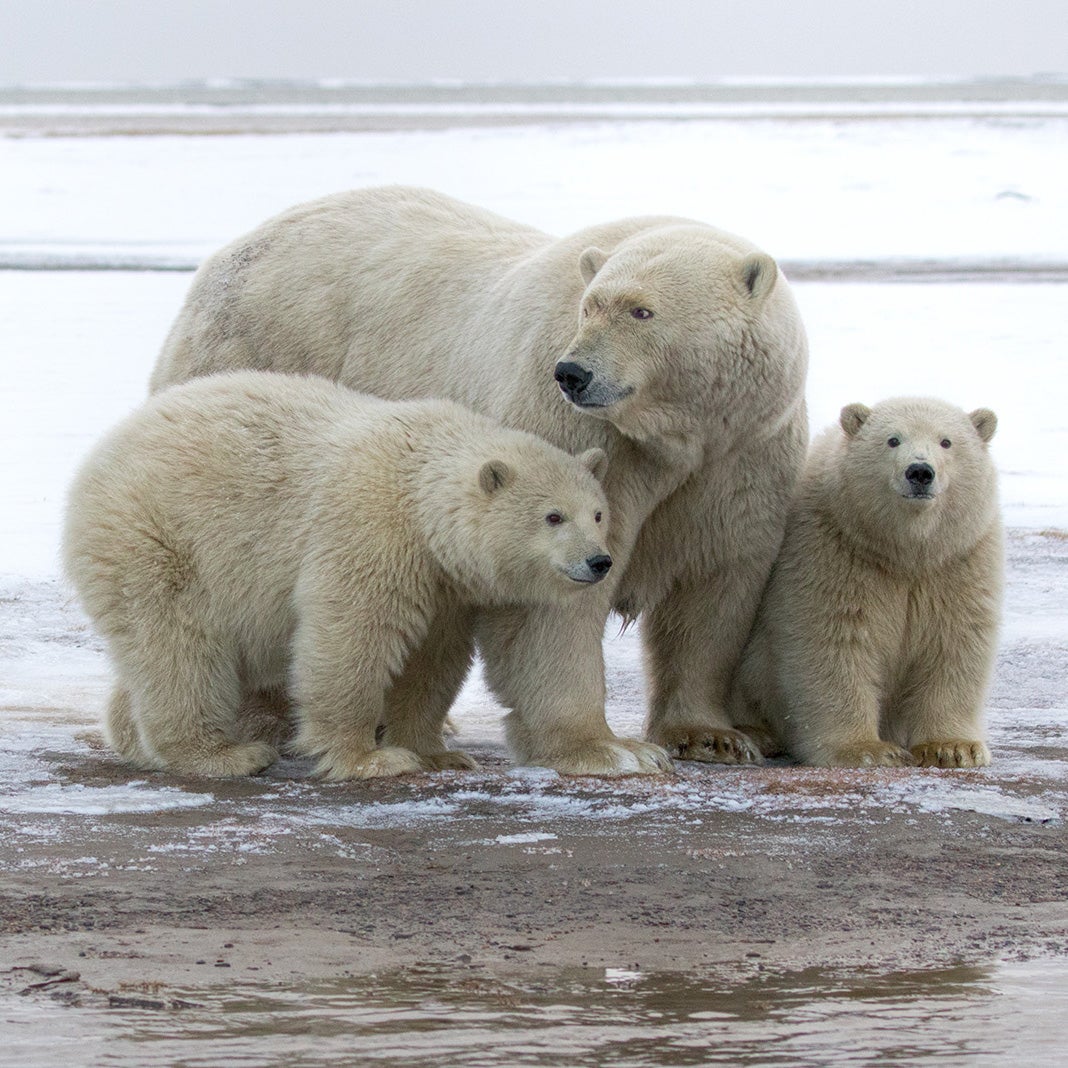On Monday, the Trump administration announced the opening salvo in its long-feared attack on the Endangered Species Act. The three-pronged assault is designed to weaken protections for threatened and endangered species, while making it harder to add protections for other animals��in the future.��
“These changes crash a bulldozer through the Endangered Species Act’s lifesaving protections for America’s most vulnerable wildlife,” says Noah Greenwald, endangered species director for the wildlife advocacy nonprofit .��
Secretary of the Interior David Bernhardt, a former lobbyist for the oil and gas industries who last summer in The Washington Post arguing against the ESA’s effectiveness, is behind the new regulations, which are intended to weaken the ESA in three ways:����
- Make it protected by the ESA, and harder to designate protected habitats for them;����
- Eliminate protections ;����
- ������� to the listing process.��
These three changes will have wide-reaching impacts not only to how the ESA is implemented, but also on the protections it provides.��
The regulations also seem to include some dubious��science. For example, one rule states that impacts to an endangered species’ critical habitat must be ignored unless those impacts occur across the entire habitat of that species. “This disregards the cumulative death-by-a-thousand-cuts process that is the most common way wildlife declines toward extinction,” says��Greenwald.��
There’s also a rule prohibiting��foreseeable impacts of climate change from being considered when assessing the��threats a species faces. This prevents protections for species impacted��by things like sea level rise or melting ice caps. If, for example, polar bears begin to shift their habitats as a result of climate change, this rule would preclude those new ranges from ESA protections.��
But perhaps most troubling is the removal of language that in the past prevented economic impacts��from affecting whether or not a species qualified as endangered. This will shift the listing process away from being based solely on science, into one that includes the assessment of short term economic costs. This fundamentally changes the nature of the act from being objective, and science based, to something more political. For the first time, we may ask ourselves, is it too expensive to save a species?��“If we make decisions based on short-term economic costs, we’re going to have a whole lot more extinct species,”��Drew Caputo, an environmental litigator.��
It appears as if the three rules will be entered into the federal register individually. Citizens who wish to add their comment to the decisions will need to do so for all three regulations. We will update this article with links to those comment pages once they’re live.��
While far from perfect, the ESA has stood as a bedrock environmental law since Richard Nixon signed it into law in 1973. It’s��been at��preventing the extinction of listed species and��the law enjoys .��
“This action by the Trump administration adds to their ongoing efforts to clear the way for oil and gas development without any regard for the destruction of wildlife and their habitats,” states Raúl Grijalva, chair of the House Natural Resources Committee.��“We are in the middle of an extinction crisis, and President Trump is bulldozing the most important tool we have to protect endangered species.”


